On Friday 26th April 2024, the William Temple Foundation hosted a roundtable in partnership with Liverpool Hope University, exploring an emerging interdisciplinary agenda framed in terms of “Radical Hope”.
This gathering welcomed leaders from across civil society. Bishop John Arnold, Catholic Bishop of Salford, joined us. Bishop John leads the response to the climate crisis by the Catholic Church in England and Wales. Dean and President of Virginia Theological Seminary (VTS) Ian Markham was present. We were deeply fortunate to have partners from the region including Diocese of Manchester and Manchester Cathedral represented by Rev Grace Thomas, Poverty Research and Advocacy Network represented by Dr Natalija Atas and Liverpool Hope University represented by Rev Julia Pratt, Prof Peter McGrail, Prof Stephen Shakespeare. The gathering was framed using two papers: one by William Temple Foundation Chair, Prof Simon Lee, and one by Foundation Research Fellow Dr Matthew Barber-Rowell, which combined to offer a basis from which to respond to the devastation being caused in the public square.
Prof Lee set out three framings of hope,
Running Streams of Hope: inspired by the quote by Cardinal Suenens ’To hope is not to dream but to turn dreams into reality’, which encouraged a more grounded and determined sense of hope within political, national and institutional life.
Ripples of Hope: inspired by the words of Robert F Kennedy, “Each time you stand up for an ideal, or act to improve the lot of others, or strike out against injustice, you send forth a tiny ripple of hope and crossing each other from a million different centres of energy and daring, those ripples build a current that can sweep down the mightiest walls of oppression and resistance”
Deep-Freezing Hope: which took inspiration from Chief Plenty Coups of the Crow People in America, who set down his headdress and coup stick as a symbol of the end of an era in the life of his people, whilst holding on to the Dream they represent for future generations to take up. This account is given in Jonathan Lear’s Radical Hope: Ethics in the Face of Cultural Devastation.
Following this, Dr Barber-Rowell offered three approaches to unearthing and building hope:
Curating Spaces of Hope: This is a pioneering new paradigm of faith based organisation which has emerged in north west England since 2016 and was the subject of Dr Barber-Rowell’s PhD thesis. Spaces of Hope utilises new materialism inspired by Gilles Deleuze and Felix Guattari to mapping our lived experiences, making sense of how to find hope and build resilience when things break down, and to integrate these into new dialogues, movements, networks and partnerships of hope across difference. This approach offers a 21st Century update to William Temple’s consultative methodology set out in Christianity and Social Order
A turn to Radical Hope: This turn is characterised in three ways. 1) Curating Spaces of Hope interdisciplinary approach and use of new materialism offers synergies with the Radical Theology* developed by Jeffrey Robbins and Clayton Crockett. 2) A new social movements methodology which locates it within the radical democratic tradition. This is characterised by Bert Klandermans as: a) different constituencies, b) a search for values, and c) different forms of action which are non-hierarchical and open to brokering relationship between communities and ‘institutions’. 3) developing understandings of leadership through dialogue with the work of Antonio Gramsci and his writings on traditional and organic intellectuals in his Prison Notebooks.
Emerging Hope: Four applications of Curating Spaces of Hope were offered from across the north west of England from 2022 – present. 1) Ecologies of Hope: development of technical mapping and lay leadership resources in the Diocese of Manchester which respond to the climate crisis and the challenge of reaching Net Zero by 2030. 2) From poverty to Hope in the city: cocreation of a vision and strategy for eradicating poverty in the city of Liverpool with Liverpool Chanty and Voluntary Services and its members. 3) Politics of Hope: responding to the challenges faced by refugees and asylum seekers associated with the Dialogue Society by offering space with others from their community to share their story and to acknowledge their own ‘woundedness’ (Weller, 2022). 4) Hope in Higher Education: working from the margins of Liverpool Hope University using dialogue to map and respond to working culture, working practices and the role of faith in higher education and to issue calls for change to the Mission and Values Committee of the University.
The panels that followed developed on these framings and approaches through interdisciplinary papers responding to crises shaping the public square in the 21st Century namely ecological crises, poverty, politics crises and institutional crisis with focus on Higher Education. On hearing reports from the gathering, William Temple Foundation Director Prof Chris Baker later characterised the gathering as a ‘micro-Malvern’, which is a reference to the 1941 gathering chaired by Archbishop William Temple which sought to find solutions to the crises of the day, drawing on shared faith and speaking into public life in response to an unjust economic context. This is a welcome comparison, but with some necessary updates. The panel of delegates at Hope in April 2024 represents a much more demographically diverse gathering. Further, the agendas discussed were not centred around the economic struggles of the day. Panels on ecology, education, politics and poverty provided a rich and interdisciplinary seedbed from which roots and shoots of hope could form. Further, drawing on the ideas of Gramsci and the evidence from the Spaces of Hope movement, the emerging agenda is being formed by both organic and traditional leaders and positionalities. Our agenda was less about the nation and more about our local context defined by communities and institutions in the north west of England across the M62 corridor, although this was put in theoretical, national and international contexts by diverse participants.
This gathering sits alongside and develops upon others from 2022 which reflected on Christianity and Social Order, its place in history, and ways in which we might envision a similar agenda in the Temple Tradition for 21st Century Britain which puts pressure on government from below to produce morally robust engagement with the common good. This was developed most recently at Blackburn Cathedral in 2022 and covered in the 2023 Special Issue of Journal of Church and State edited by Dr Yazid Said.
With this in mind we thank Bishop John Arnold from the Catholic Diocese of Salford for his presence and contributions throughout. We were globally networked through the generous contributions from Ian Markham who flew in to join us from Virgina Theological Seminary, Dr Hirpo Kumbi representing pioneering faith based education and partnerships in Ethiopia, as well as Prof Edward Abbott-Halpin, a William Temple Foundation Trustee, who commuted for 11-hours from Orkney to be with us. We also thank Dr Yazid Said and Dr Barber-Rowell for organising the gathering and to Prof Guy Cuthbertson and Prof Peter McGrail for hosting us.
We will publish the papers from this gathering in a number of forms. These include, as a Podcast, and as a Temple Book. We will then also look ahead to how we might continue to grow a movement of Radical Hope.
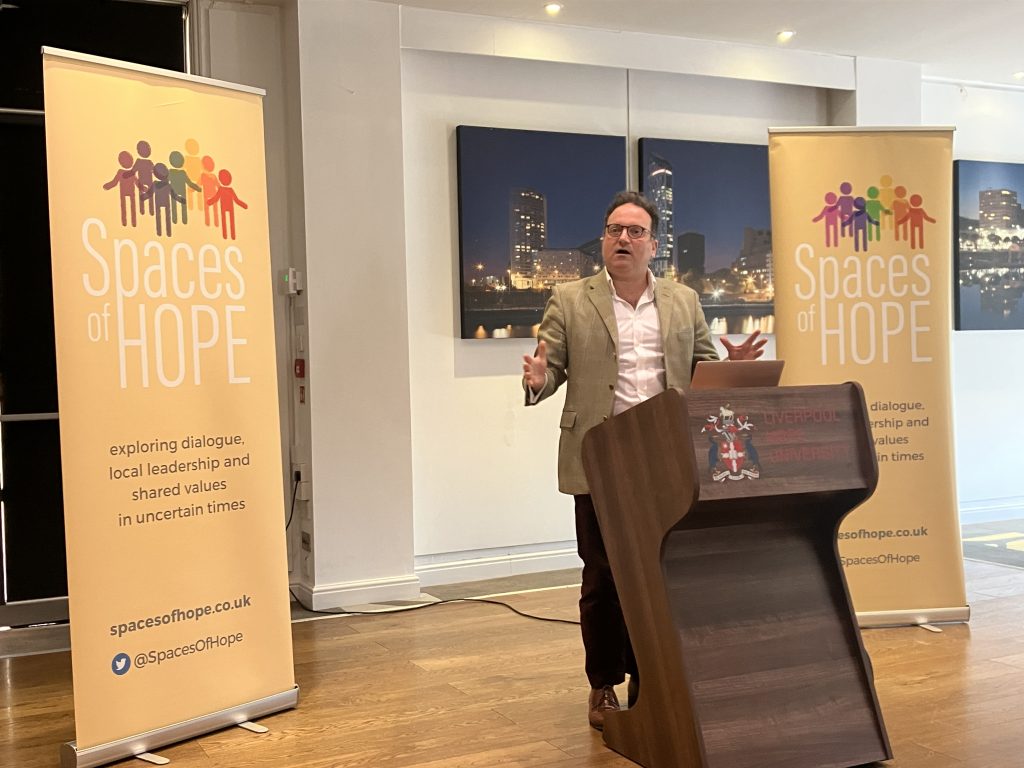
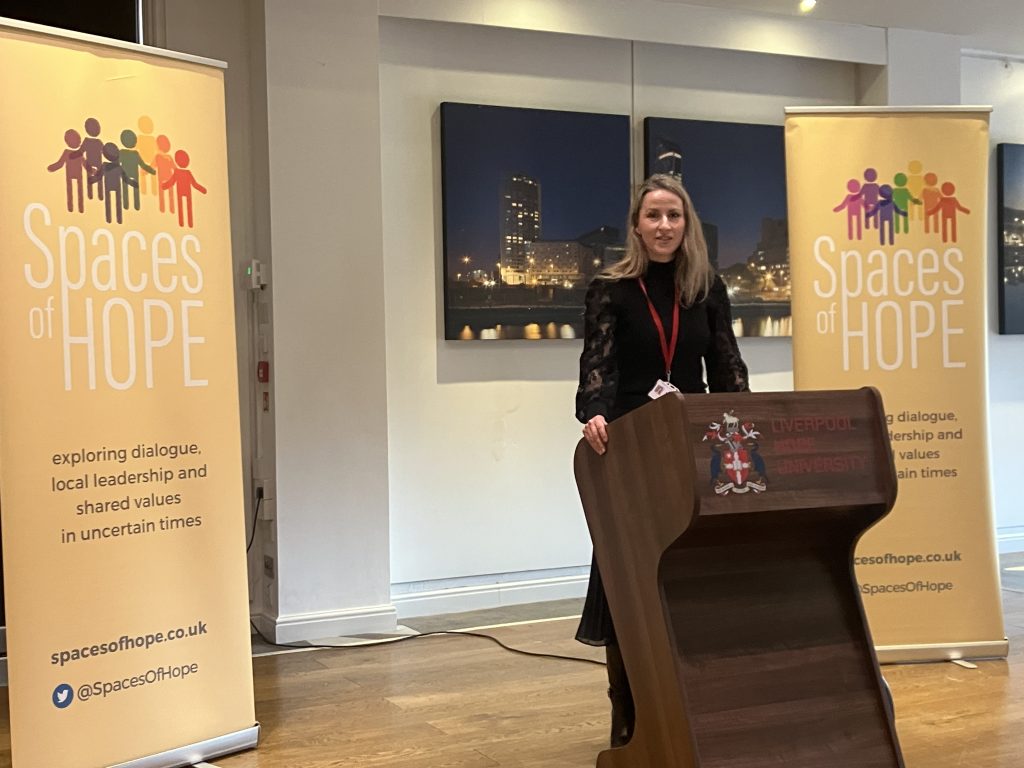
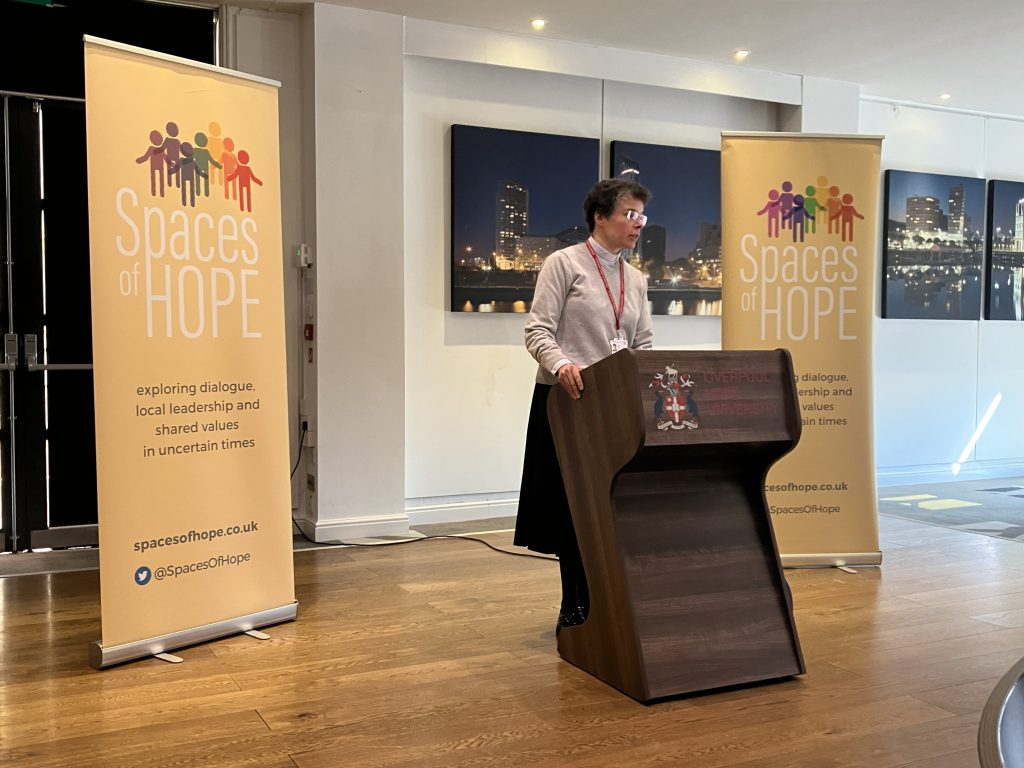
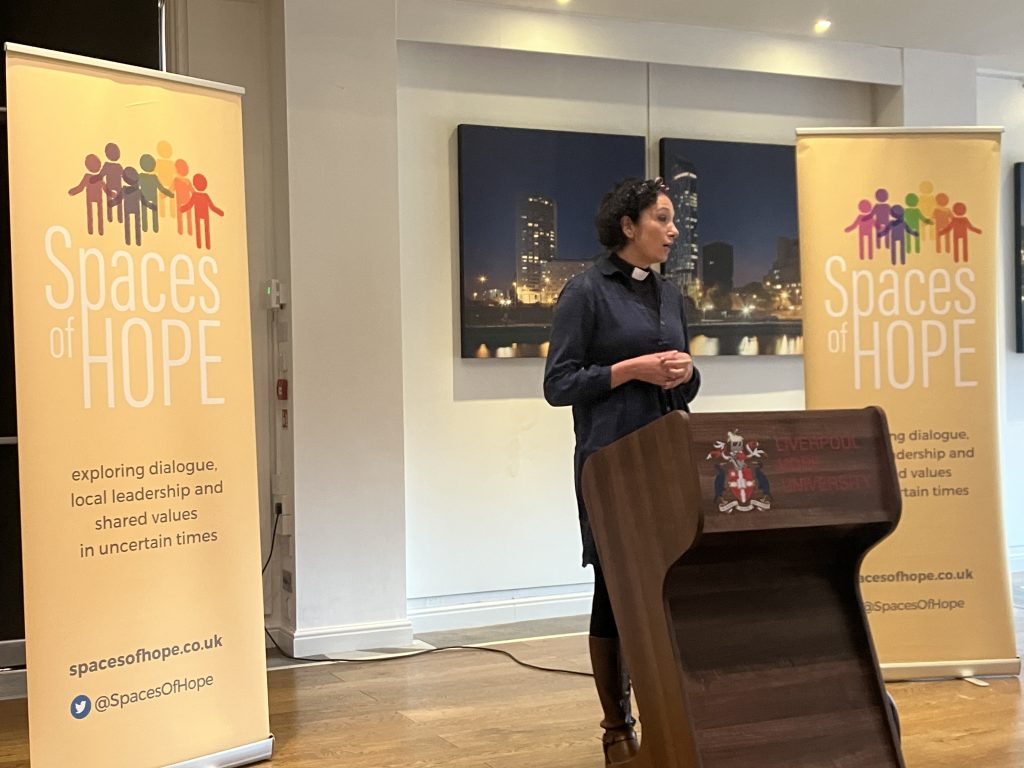
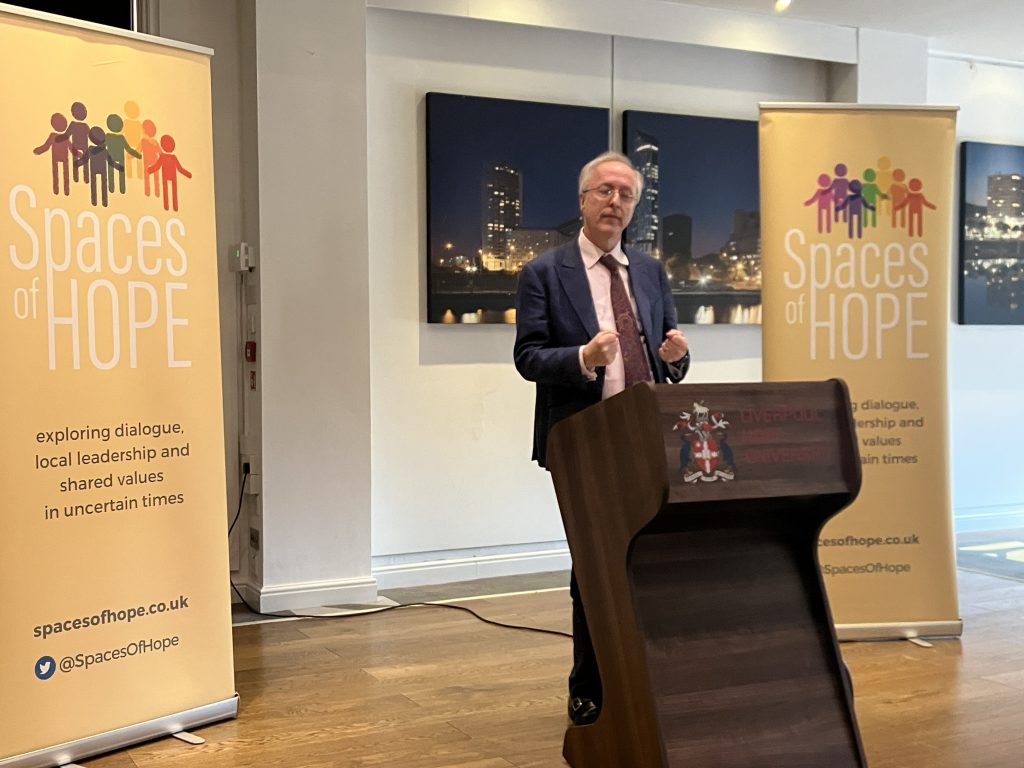
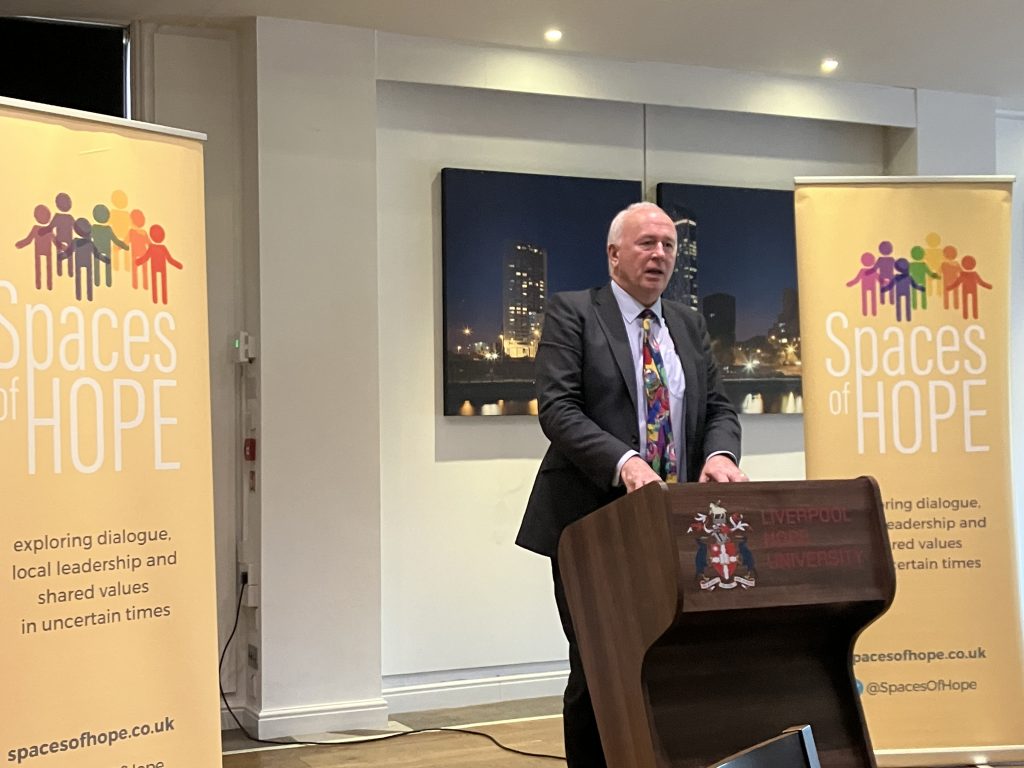
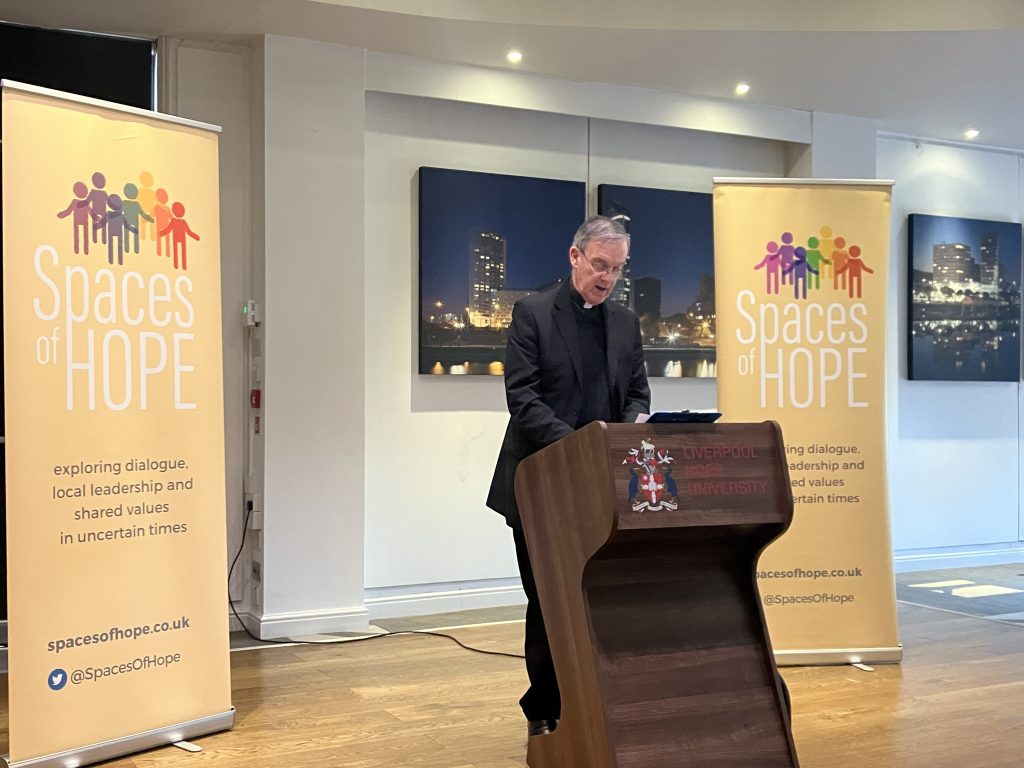
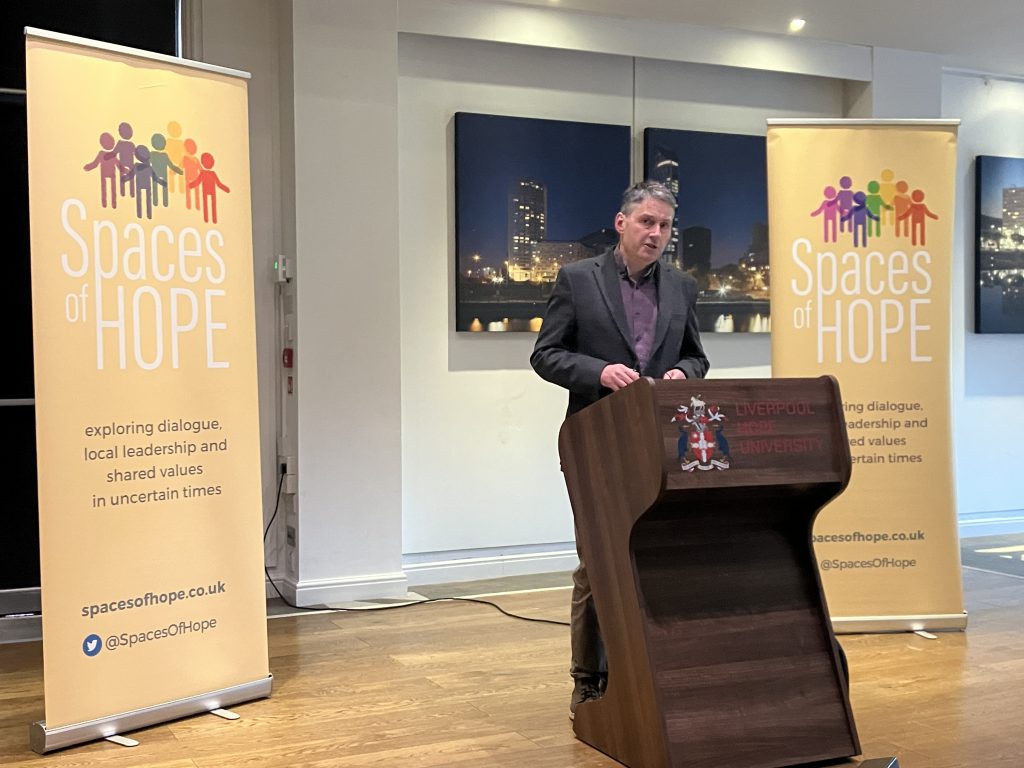
*This blog was edited on the 7th May
More blogs on religion and public life
- Faith and Voting: The UK general election 2024
by Matthew Barber-Rowell - Labour and Faith – Brave New Reset or Faith-Washing?
by Chris Baker - Lessons for an election year from the Bishop of Unity
by Ian Mayer - Food, hope and love: the local church in a time of crisis?
by Paul Monk - Radical hope in the midst of poverty in the city
by Grace Thomas
Discuss this